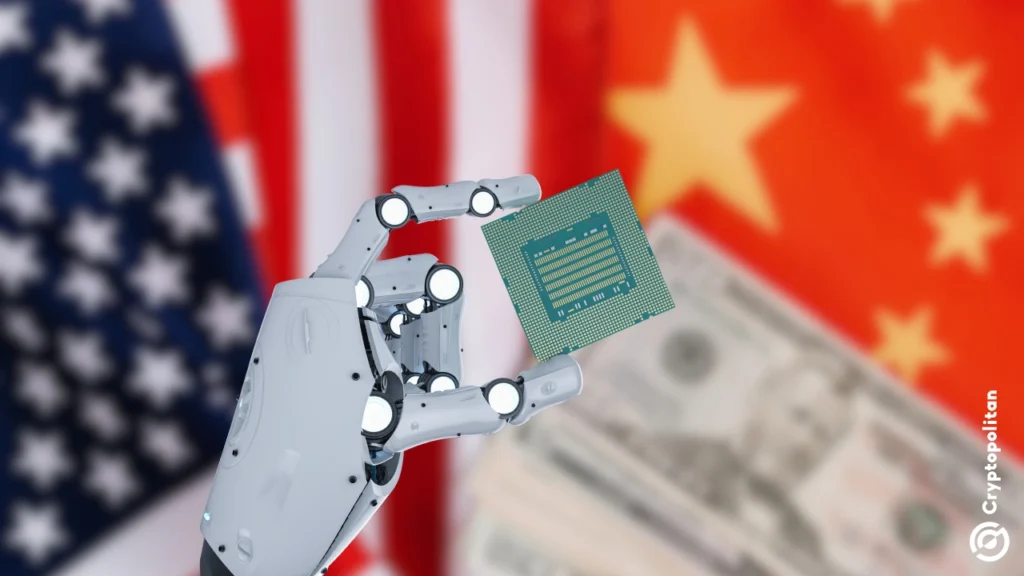Chinese companies scooped up nearly $40 billion worth of advanced chipmaking equipment, exposing big holes in U.S. efforts to block their semiconductor progress.
A bipartisan probe by the U.S. House Select Committee on China reported troubling findings. America’s restrictions don’t line up with what Japan and the Netherlands are doing. The result? Japanese and Dutch companies kept selling gear to Chinese buyers that U.S. firms couldn’t touch.
Lawmakers want broader bans now. Instead of going after specific Chinese companies, they’re pushing for blanket restrictions on all of them, according to Reuters.
Chinese buyers spent $38 billion on equipment from the five biggest chipmaking tool suppliers last year. That’s a 66% spike from 2022, right when these export controls kicked in. Those purchases ate up nearly 39% of total sales from Applied Materials, Lam Research, KLA, ASML, and Tokyo Electron.
Report warns about bigger problems
U.S. officials keep saying China’s chipmaking abilities threaten national security. Advanced chips power everything from AI systems to military hardware. Both superpowers are racing to sell cutting-edge tech like AI data centers to other countries too.
The committee didn’t mince words. These equipment sales helped China get better at making all kinds of semiconductors, which has “profound implications for human rights and democratic values around the world.”
Mark Dougherty runs Tokyo Electron’s U.S. unit. He told reporters that sales to China started dropping this year, thanks to new rules and better coordination between American and Japanese officials. But he admitted the U.S. hasn’t hit its target yet.
Applied Materials and Lam Research didn’t respond to requests for comment. ASML and KLA said they needed to see the full report first. The committee mentioned that all the toolmakers cooperated during their investigation and got briefed on what they found.
Three firms tied to Huawei scheme
Three Chinese companies caught special attention. SwaySure Technology Co, Shenzhen Pengxinxu Technology Co, and SiEn (Qingdao) Integrated Circuits Co. They’ve become huge customers for toolmaking equipment.
Last year, committee leaders John Moolenaar (a Michigan Republican) and Raja Krishnamoorthi (an Illinois Democrat) sent a letter to the Commerce Department. They claimed these firms had links to a secret network propping up Huawei Technologies. U.S. officials banned exports to all three in December.
The investigation showed how different enforcement creates gaps. The U.S. blocked specific sales to certain Chinese chipmakers. But companies in Japan and the Netherlands kept selling similar equipment to those exact same buyers.
Lawmakers want tighter teamwork between allied countries. They’re also calling for broader limits, including bans on components China could use to build its own chipmaking tools.
Both Democratic and Republican administrations tried to control China’s access to chipmaking tech. But the current setup has serious flaws. Allied countries aren’t enforcing uniform rules. That let Chinese companies grab tens of billions worth of advanced equipment, potentially wrecking the security goals these restrictions were supposed to achieve.
Get $50 free to trade crypto when you sign up to Bybit now
